The Idea of a University Defined and Illustrated
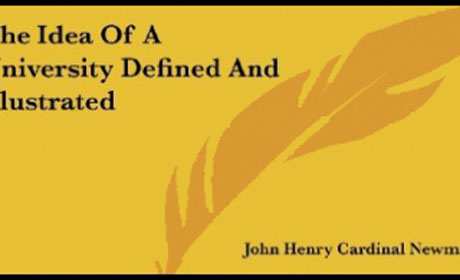
Cardinal John Henry Newman
Preface
The view taken of a University in these Discourses is the following:—That it is a place of teaching universal knowledge. This implies that its object is, on the one hand, intellectual, not moral; and, on the other, that it is the diffusion and extension of knowledge rather than the advancement. If its object were scientific and philosophical discovery, I do not see why a University should have students; if religious training, I do not see how it can be the seat of literature and science.
Such is a University in its essence, and independently of its relation to the Church. But, practically speaking, it cannot fulfil its object duly, such as I have described it, without the Church’s assistance; or, to use the theological term, the Church is necessary for its integrity. Not that its main characters are changed by this incorporation: it still has the office of intellectual education; but the Church steadies it in the performance of that office.
Such are the main principles of the Discourses which follow; though it would be unreasonable for me to expect that I have treated so large and important a field of thought with the fulness and precision necessary to secure me from incidental misconceptions of my meaning on the part of the reader. It is true, there is nothing [pg ix] novel or singular in the argument which I have been pursuing, but this does not protect me from such misconceptions; for the very circumstance that the views I have been delineating are not original with me may lead to false notions as to my relations in opinion towards those from whom I happened in the first instance to learn them, and may cause me to be interpreted by the objects or sentiments of schools to which I should be simply opposed.
For instance, some persons may be tempted to complain, that I have servilely followed the English idea of a University, to the disparagement of that Knowledge which I profess to be so strenuously upholding; and they may anticipate that an academical system, formed upon my model, will result in nothing better or higher than in the production of that antiquated variety of human nature and remnant of feudalism, as they consider it, called “a gentleman.”1 Now, I have anticipated this charge in various parts of my discussion; if, however, any Catholic is found to prefer it (and to Catholics of course this Volume is primarily addressed), I would have him first of all ask himself the previous question, what he conceives to be the reason contemplated by the Holy See in recommending just now to the Irish Hierarchy the establishment of a Catholic University? Has the Supreme Pontiff recommended it for the sake of the Sciences, which are to be the matter, and not rather of the Students, who are to be the subjects, of its teaching? Has he any obligation or duty at all towards secular knowledge as such? Would it become his Apostolical Ministry, and his descent from the Fisherman, to have a zeal for the Baconian or other philosophy of man for its [pg x] own sake? Is the Vicar of Christ bound by office or by vow to be the preacher of the theory of gravitation, or a martyr for electro-magnetism? Would he be acquitting himself of the dispensation committed to him if he were smitten with an abstract love of these matters, however true, or beautiful, or ingenious, or useful? Or rather, does he not contemplate such achievements of the intellect, as far as he contemplates them, solely and simply in their relation to the interests of Revealed Truth? Surely, what he does he does for the sake of Religion; if he looks with satisfaction on strong temporal governments, which promise perpetuity, it is for the sake of Religion; and if he encourages and patronizes art and science, it is for the sake of Religion. He rejoices in the widest and most philosophical systems of intellectual education, from an intimate conviction that Truth is his real ally, as it is his profession; and that Knowledge and Reason are sure ministers to Faith.
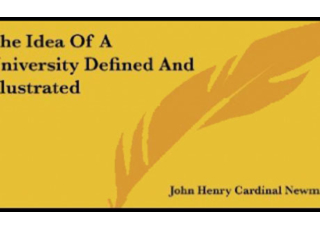
Book eBook The Idea of a University Defined and Illustrated
John Henry Newman
27 enero, 2016
update 18 agosto, 2021
Go to the Download pageMore eBooks in English
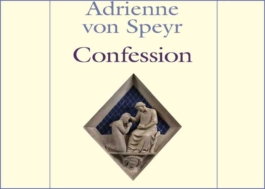
Confession
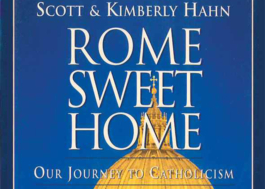
Rome Sweet Home
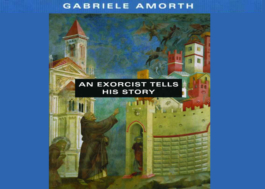
An Exorcist Tells His Story
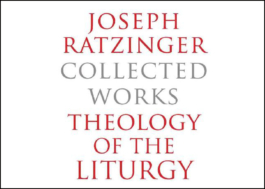
Theology of the Liturgy
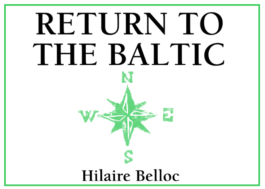
Return to the Baltic
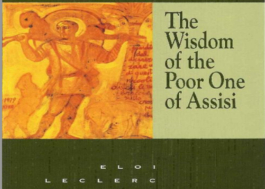
The Wisdom of the Poor One of Assisi
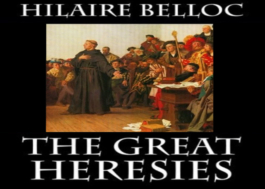
The Great Heresies
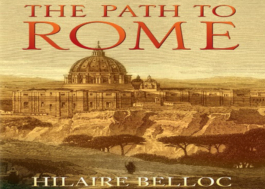
The Path to Rome
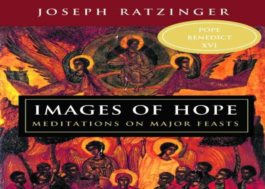
Images of Hope
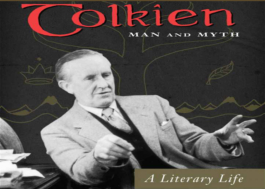
Tolkien: Man and Myth
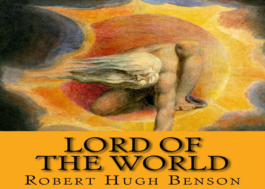
Lord of the World By Robert Hugh Benson
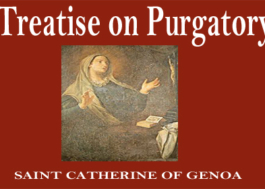
Treatise on Purgatory

Three to Get Married
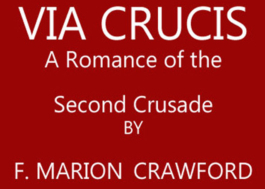
Via Crucis: A Romance of the Second Crusade
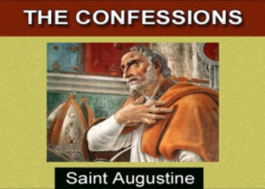
The Confessions of St. Augustine
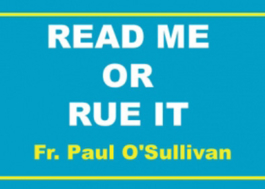
Read Me or Rue it
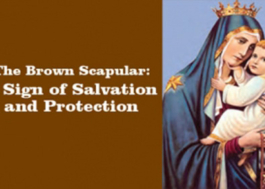
The Brown Scapular, the Most Powerful Sacramental
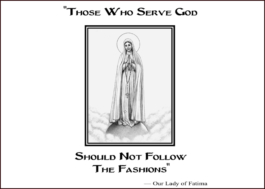
Those Who Serve God Should Not Follow The Fashions

Mary, Motherhood, and the Home
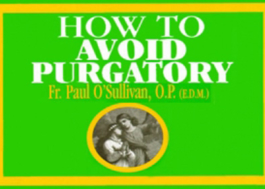
How to Avoid Purgatory
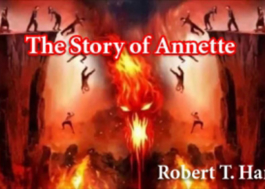
The Story of Annette
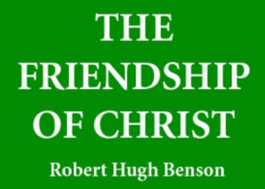
The Friendship of Christ
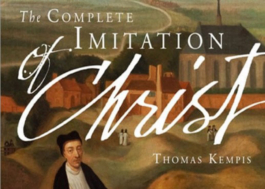
The Imitation of Christ
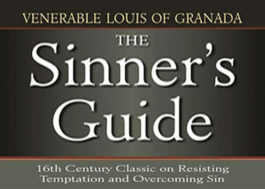
The Sinner’s Guide
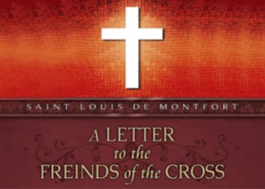
A Letter to the Friends of the Cross
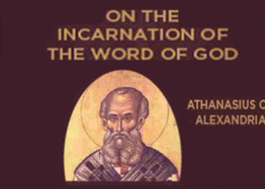
On the Incarnation of the Word of God
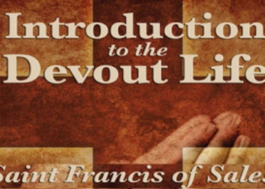
Introduction to the Devout Life
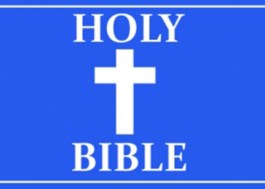
Holy Bible
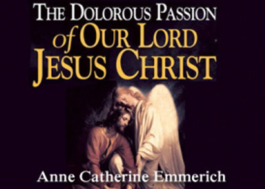
The Dolorous Passion of Our Lord Jesuchrist

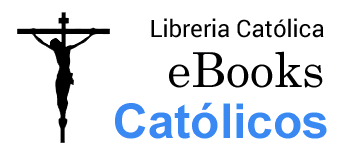
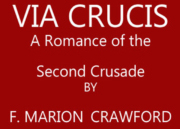
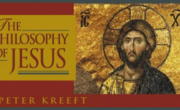
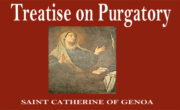

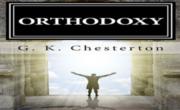
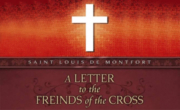
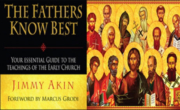
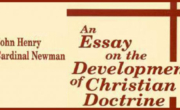


















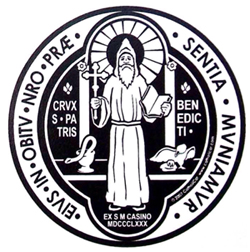
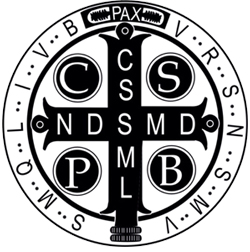
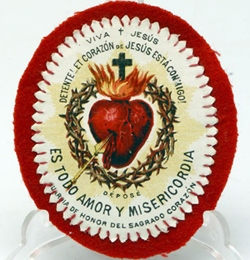

Dejar un comentario
¿Quieres unirte a la conversación?Siéntete libre de contribuir!